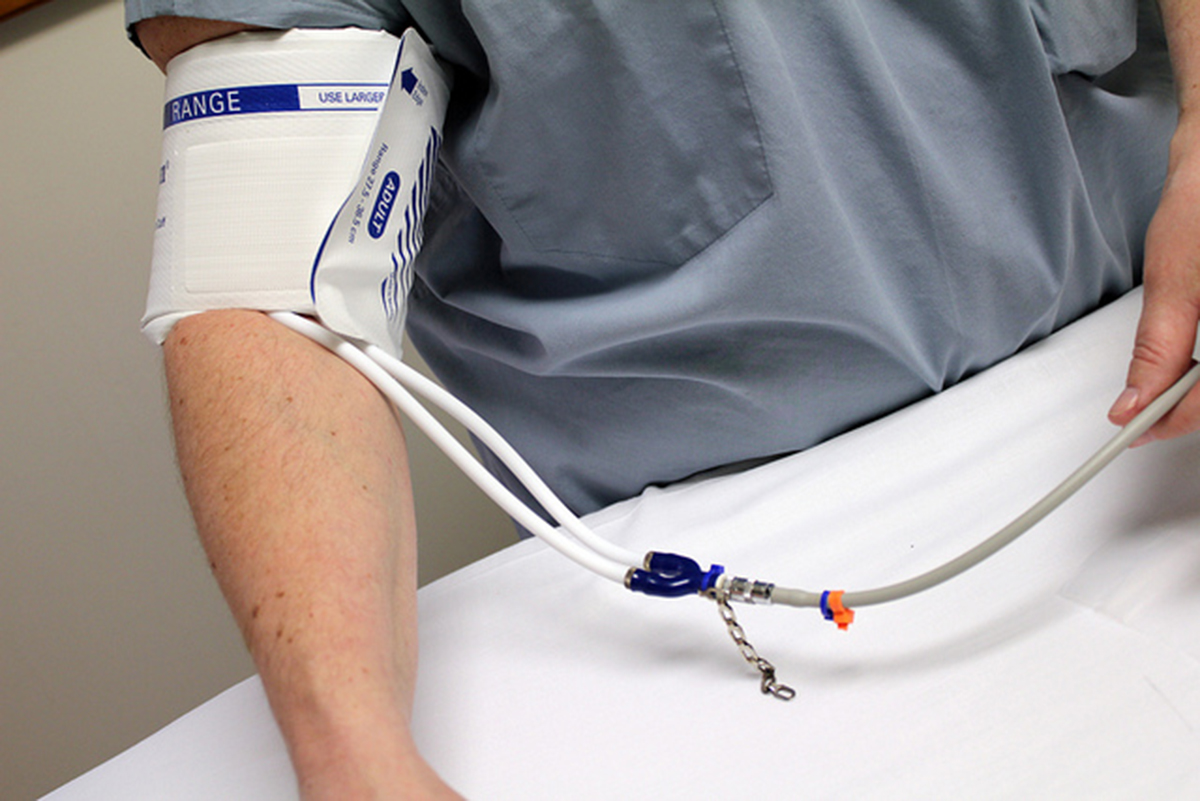Table of Contents
You may think that only increased blood pressure may indicate a health problem. But hypotension or low blood pressure is common in many health conditions.
How Low is Too Low?
It might seem that if high blood pressure is bad for your heath, low blood pressure would be healthy. But that’s not always the case. The reason your BP is low is important. Is it low because your heart is strong or is a medical condition to blame?
Low blood pressure, which is due to being in good cardiovascular shape is usually not a problem. When your heart is strong, it does not have to work as hard, which may mean your BP is on the low side.

Low blood pressure is considered anything lower than 90/60. But many doctors only define hypotension as a problem if symptoms are present. When symptoms of low blood pressure occur, they may include nausea, thirst, shallow breathing and dizziness. If BP falls too low, fainting can occur. If low blood pressure is causing you symptoms, it’s essential to see your doctor to get to the bottom of the problem.
Causes of Low Blood Pressure
Some people naturally have low blood pressure, and it does not signify a problem. It’s when their BP drops suddenly it can be dangerous. Also, if your blood pressure was usually normal and then becomes lower, it may be related to a medical condition.
When blood pressure takes a sudden nosedive, it often indicates a serious medical condition, such as a heat stroke, dehydration and sepsis due to an infection. In those instances, you’re also likely to have additional symptoms, which lets you know something is wrong.
But there are also instances where low blood pressure is more subtle and develops gradually. In those cases, it can also be an indicator of certain health issues, such as the following:
A lack of vitamin B 12: If your body does not get the right amount of certain nutrients, side effects can develop. Vitamin B12 plays a role in the production of red blood cells. When an insufficient level of red blood cells are produced, it can lead to a gradual drop in blood pressure.
Anemia: Similar to a vitamin B12 deficiency, a lack of iron can also lead to a decrease in red blood cell production. Anemia can develop, which can cause low blood pressure.
Endocrine problems: Various endocrine disorders, such as hypoglycemia, adrenal insufficiency and an underactive thyroid can interfere with how much blood is circulating through your body, which results in low BP.
READ Are You Suffering From Seasonal Hypotension?
Heart valve problems: If your heart is weak or not pumping efficiently due to valve problems it can also cause chronical low blood pressure.
A side effect of medication: Various types of medication can lead to a decrease in blood pressure. If your drop in blood pressure occurred after you started taking a certain medication, it’s best to discuss it with your doctor. Your doctor may change your meds depending on how low your BP is and whether you are experiencing any related symptoms.
- www.heart.org/HEARTORG/Conditions/HighBloodPressure/AboutHighBloodPressure/Understanding-Blood-Pressure-Readings_UCM_301764_Article.jsp
- http://www.heart.org/HEARTORG/Conditions/HighBloodPressure/AboutHighBloodPressure/Low-Blood-Pressure_UCM_301785_Article.jsp#.VlP7kf9dHIU
- http://www.mayoclinic.org/diseases-conditions/low-blood-pressure/basics/causes/con-20032298
- Photo courtesy of quinnanya: https://www.flickr.com/photos/quinnanya/5645559731/
- Photo courtesy of comedynose: www.flickr.com/photos/comedynose/5755803052/


Your thoughts on this